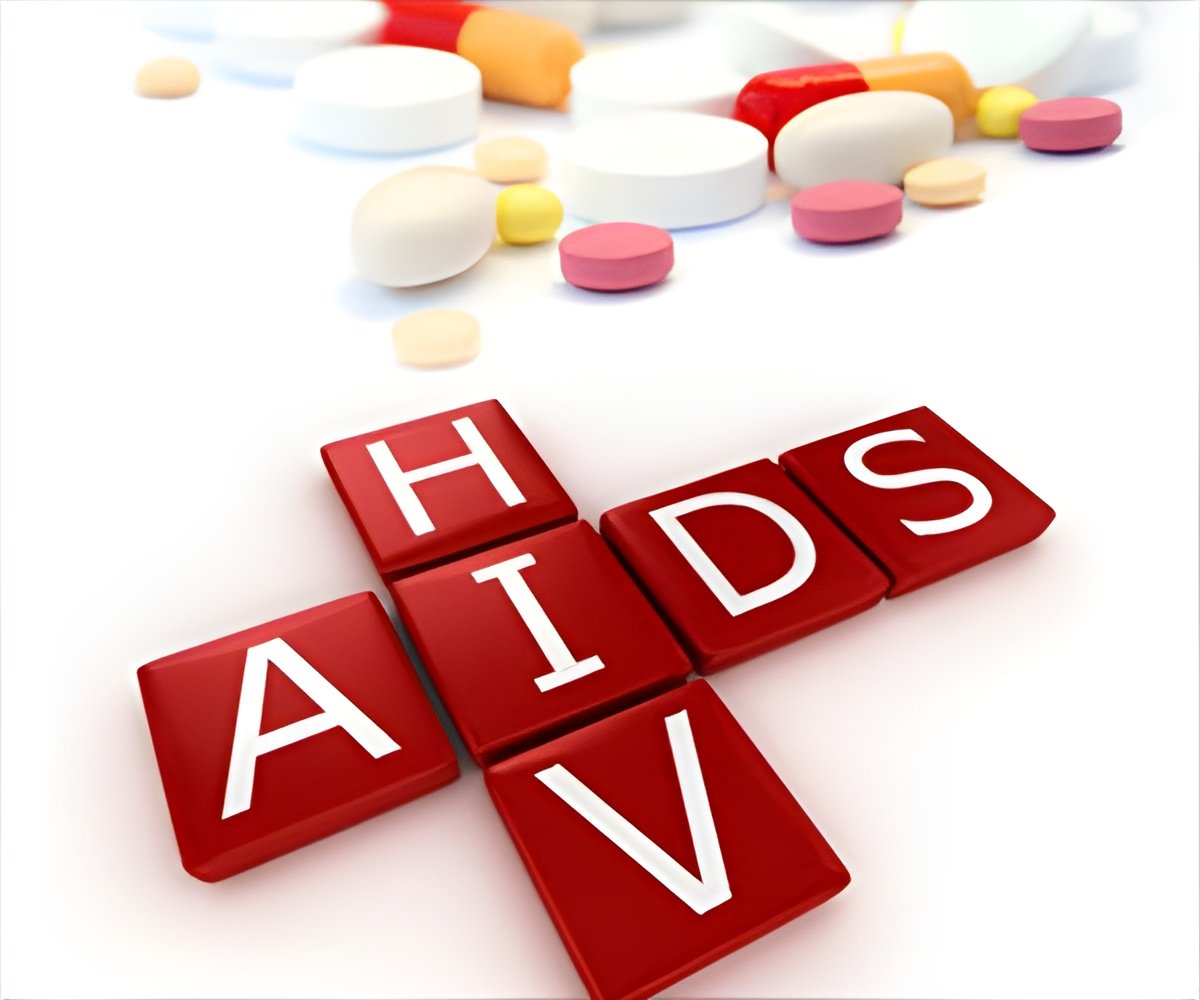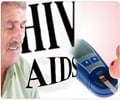A research was conducted to determine whether there was a difference in time to virological failure between HIV-infected children initiating nevirapine vs. efavirenz-based antiretroviral treatment in Botswana.

"More than 2 million children worldwide are infected with human immunodeficiency virus (HIV), approximately 90 percent of whom live in sub-Saharan Africa," according to background information in the article. "Worldwide, the nonnucleoside reverse transcriptase inhibitors (NNRTIs) efavirenz and nevirapine are commonly used in first-line antiretroviral regimens in both adults and children with HIV infection. Data on the comparative effectiveness of these medications in children are limited. … Most countries favor nevirapine-based regimens for the majority of children due to perceived comparable effectiveness at lower cost."
The study included children (3-16 years of age) who initiated efavirenz-based (n=421) or nevirapine-based (n=383) treatment between April 2002 and January 2011 at a large pediatric HIV care setting in Botswana. The primary outcome was time from initiation of therapy to virological failure, defined as lack of plasma HIV RNA suppression to less than 400 copies/mL by 6 months or confirmed HIV RNA of 400 copies/mL or greater after suppression.
With a median (midpoint) follow-up time of 69 months, the researchers found that 57 children (13.5 percent) initiating treatment with efavirenz and 101 children (26.4 percent) initiating treatment with nevirapine had virological failure. There were 11 children (2.6 percent) receiving efavirenz and 20 children (5.2 percent) receiving nevirapine who never achieved virological suppression.
"In this large cohort of children infected with HIV, time to virological failure was longer among children receiving efavirenz vs. nevirapine. With the majority of the world's children receiving nevirapine-based antiretroviral therapy, these findings may have significant public health importance," the authors write. "… more work should be done to make efavirenz a cost-effective option for pediatric antiretroviral treatment programs in resource-limited settings."
Source-Eurekalert









